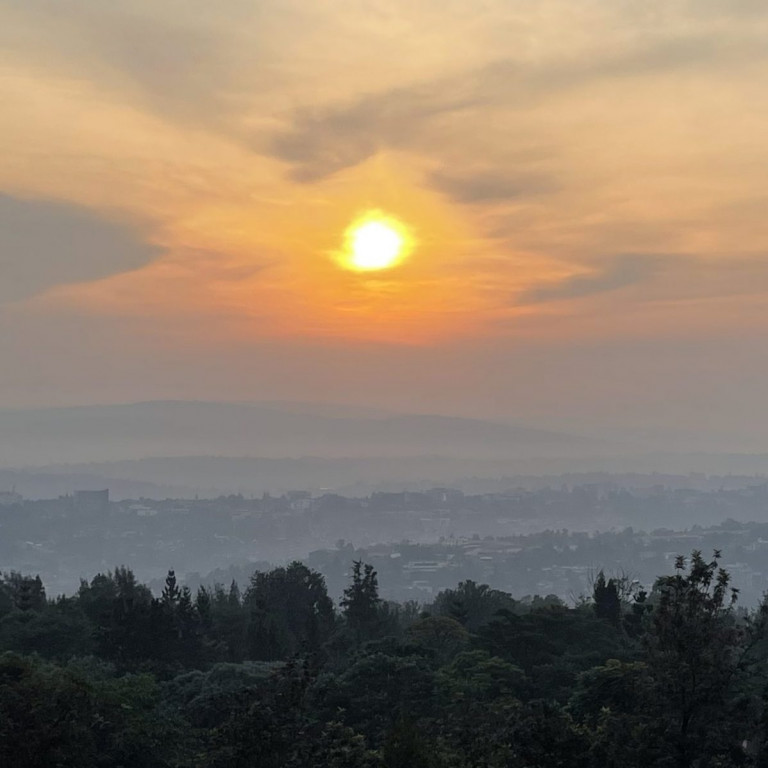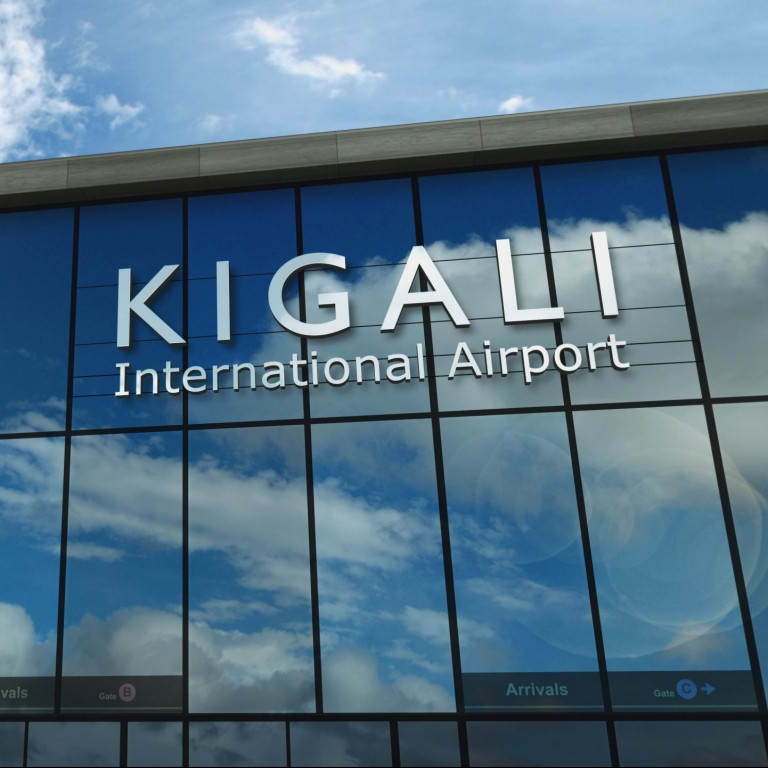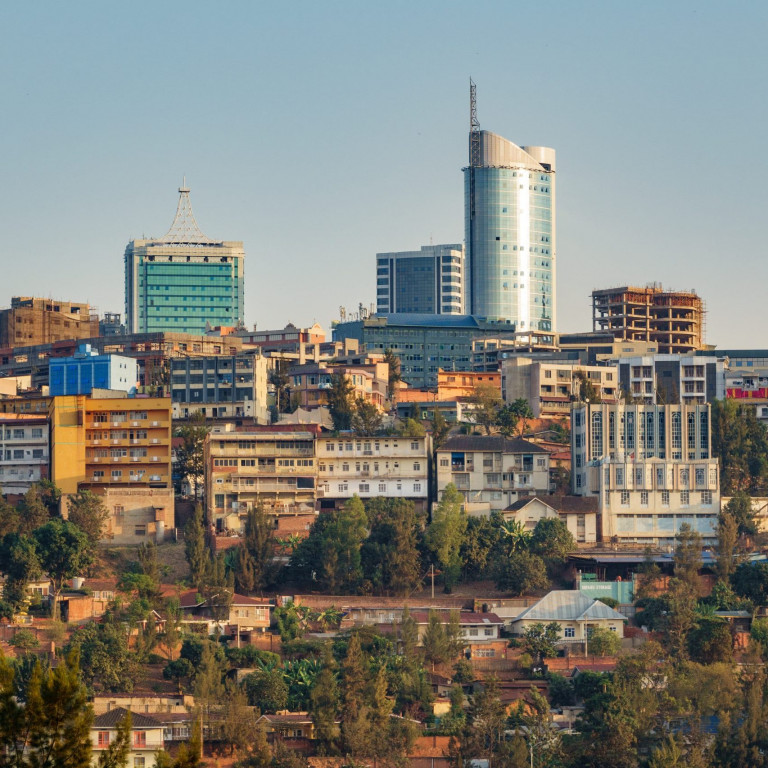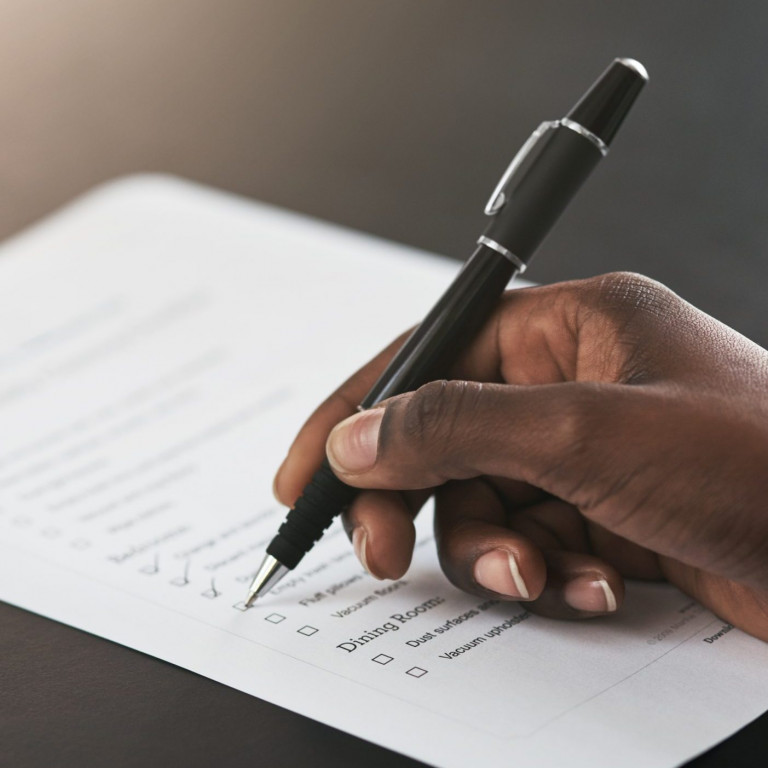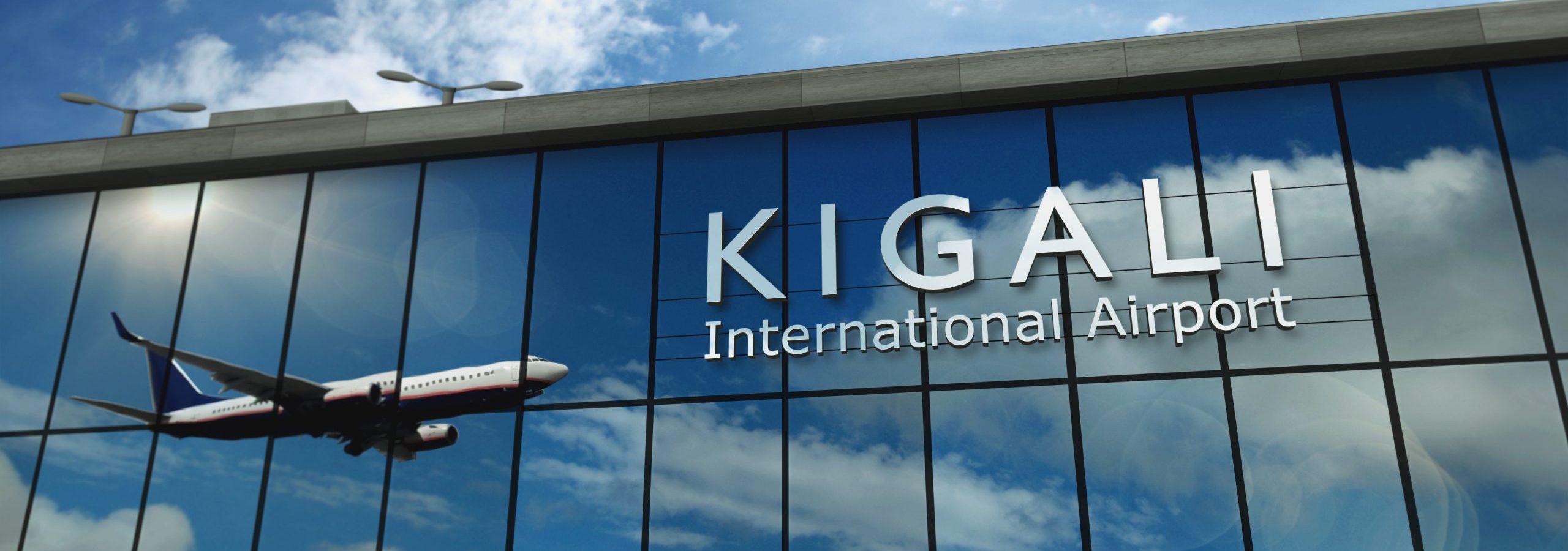
You may be considering Rwanda as a location for your impact sourcing initiative and want to start scouting potential BPO sites in the area. Before you book your plane ticket, there are a few things you need to know and steps to take before you even set foot in the country.
In this second part of a three-part spotlight on Rwanda, we’ve put together a checklist to guide you through the essential requirements and considerations for a smooth and successful business trip to Rwanda.
Visa Requirements
Unlike some locations in Africa, Rwanda makes it very easy to travel to and from the country. The immigration process is simple and quick, which is largely due to the government’s desire to grow the economy and make Rwanda a more business-friendly country. As a result, you won’t encounter much red tape.
Here are a few things you should know when it comes to Rwanda’s visa requirements:
Health and Vaccinations
Travel and Transportation
Accommodation
Wi-Fi
Cultural and Practical Tips
Additional Considerations
While this checklist is fairly comprehensive, it’s a good idea to do some additional research on your own. If you’re based in the U.S., the International Trade Administration offers up-to-date information on business travel to Rwanda. For Canadians, Rwanda travel advice can be found on the Government of Canada website.
In the third and final segment of our Rwanda spotlight series, we discuss why Rwanda is the ideal destination for your impact sourcing initiatives. If you missed part one of this series, you can read it here.
Interested in impact sourcing in Rwanda but not sure where to start? We can help.
